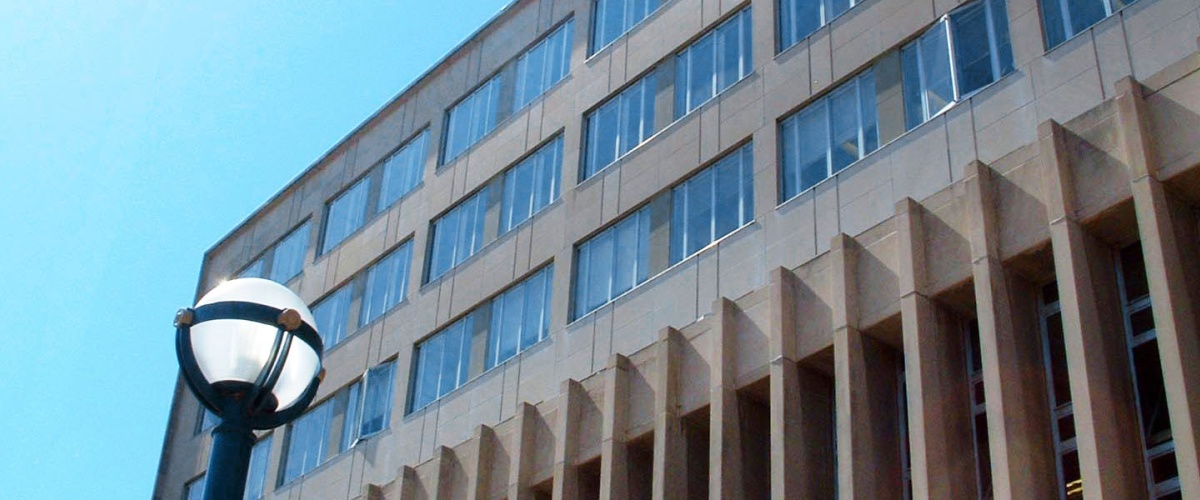
Edgewood Appeal at Tonight's Common Council Meeting
postedHi everyone,
The Edgewood appeal is before us again, with over 60 registrants. I would encourage those making public comment not to be repetitious. If someone has made your point, there is no need to repeat. Please self-edit as needed.
Here is my oral statement I plan to read before Council:
I regret that we are here, focusing on this during these very challenging times, at a time when there are many more important things to be discussing. I prepared a written statement that I’ve sent to all of you.
I trust you took time to read it as my comments will be relatively brief. On May 11, Plan Commission voted 7-1 to deny Edgewood High School’s application for a conditional use permit to install lights. As stated in the minutes of the meeting:
“Plan Commission could not find standard #3 met, finding that the lights would have a substantial negative impact on the uses, values, and enjoyment of surrounding properties, and that no evidence was submitted by the applicant that there would not be negative impacts on the lighted use of the field, and no mitigating measures proposed to limit those impacts (noise barriers, limit on events, etc.). Members indicated that they would be open to considering the request again if some redress of the noise impacts was presented by the applicant, including improved engagement with the neighborhoods and a limit to the number of games with lights.”
Rather than going into the history, let’s fast forward to last January when this body repealed the Master Plan. After that vote, I encouraged Edgewood to go slow, to work on rebuilding trust with their neighbors.
Instead, they immediately announced they would apply for a conditional use permit to put up lights and headed to Plan Commission on May 11. The vote wasn’t close, but Edgewood quickly filed an appeal.
Edgewood and the neighbors met in hopes of finding a compromise. A total of six meetings were held. I participated in each of the meetings. Edgewood focused on trying to get the neighbors to agree to a set number of games. The neighbors focused on noise impacts. Following up on a suggestion by Alder Rummel during the May 11 Plan Commission meeting, neighbors crafted a Four Point Plan that could allow Edgewood to put up lights.
Early on it seemed like progress was being made. Edgewood researched a sound barrier that showed the potential for significant noise reduction. I thought we were getting somewhere, but Edgewood stopped pursuing noise mitigation and shifted their focus back to limits on the number of games.
Edgewood’s idea of a compromise became clear -- the neighbors should give in and let them put up lights, with the caveat the school would cap the number of games in what they believe is a major concession because the other high schools with stadiums have no caps.
It’s important to note that the number of games is but one consideration. In determining whether the standard had been met, Plan Commission discussed the need to also consider additional noise mitigation measures, which Edgewood has stopped pursuing. Thus, even if Council were to set a limit on the number of games, that alone would not result in the standards being met because the noise from those games would still negatively impact the nearby residential neighborhood. In other words, even with a limit to the number of games, Edgewood would still not have “met or agreed to meet the standards.”
Edgewood and their supporters continue to claim it’s a matter of fairness and equity, that they should be treated the same as Madison’s other public high schools. That argument is weakened by the facts.
Only two of Madison’s four main public high schools have stadiums. A careful review of the parcels surrounding the high schools explains why.
East (1922) and West (1930) are situated in dense residential neighborhoods and have athletic fields on their campuses, not stadiums. East is surrounded by three zoning districts, two of which are traditional residential: TRC4, TR-V, the third being NMX (Neighborhood Mixed Use). West is surrounded by two zoning districts, one of which is traditional residential, TR-C2, and the other zoned CN, or Conservancy. Memorial (1967) and Lafollette (1963) campuses are situated in mixed commercial, employment and suburban residential districts and had stadiums built when their schools were established. Memorial is surrounded by five zoning districts, two of which are suburban residential: SR-C1, and SR-V2. The remaining three are zoned CC (Commercial Center) SE (Suburban Employment), and CN. Lafollette is surrounded by three zoning districts, one of which is suburban residential: SR-C1, the other two being CN and PR (Parks and Recreation). Lussier Stadium at La Follette has no housing within 1000 feet as it backs up to a golf course. Memorial’s Mansfield Stadium is surrounded on three sides by roads and commercial property. There are apartments not far from Mansfield’s east end zone, but these apartments were built after the stadium. In other words, the Mansfield Stadium had an established pre-existing use.
Edgewood HS (1927) is surrounded by a single zoning district: TR-C2, the zoning for a traditional residential district. The closest homes are within 100 –150 feet of the athletic field. This is the crux of the matter. Edgewood wishes to add stadium lighting enabling night games to a traditional residential neighborhood.
It’s simply not accurate to claim that Edgewood has the right to a stadium like the other Madison public schools. Edgewood does not have a "right" to a stadium; it has the right to consideration of such a request in the context of the surrounding properties.
It is abundantly clear that Edgewood has not met the standards. One can easily foresee situations in which the uses, values, and enjoyment of the already established adjoining properties would be substantially impaired or diminished. One can easily foresee dinnertime meals that are interrupted, young children who cannot sleep, adults who are unable to quietly read a book or hold conversations on a screened-in porch. One can easily foresee canoers frustrated that their quiet paddle on the lake is diminished, and one can easily foresee the very real possibility of declining property values.
Edgewood has offered no new evidence since May 11 that compels alders to overturn Plan Commission’s near unanimous decision.
Edgewood must not be allowed to, and in fact should not want to, put up a stadium if it’s going to cause harm to their neighbors.
There may yet be a compromise to be found, one in which there is “some redress of noise impacts” as called for by Plan Commission, but it’s not here, and it’s not now. Common Council is not the place to hash that out. If it’s to be found, let the neighbors and Edgewood find it together.
